Are you a Matcha seller? Join as a Vendor
Other certifications for matcha include fair trade, pesticide-free, and kosher labels that verify ethical sourcing and safety beyond organic standards.
There are no results matching your search
There are no results matching your search Reset filters?
Beyond the familiar organic and JAS certifications, matcha producers pursue specialized certifications that address food safety, processing standards, sustainability practices, and regional authenticity. These other certifications provide additional layers of quality assurance and help distinguish premium matcha products in an increasingly competitive marketplace.
FSSC 22000 certification represents one of the most rigorous food safety standards in matcha production. Based on ISO 22000 requirements and recognized by the Global Food Safety Initiative, this certification ensures robust safety protocols from raw tea leaves through final packaging. Processing facilities must implement HACCP (Hazard Analysis Critical Control Point) systems that identify and control potential biological, chemical, and physical hazards.
Many premium matcha brands also obtain kosher and halal certifications to meet specific dietary requirements. These certifications require ongoing supervision of production processes and ingredient sourcing to ensure compliance with Jewish and Islamic dietary laws.
Independent laboratories provide specialized testing certifications that verify matcha purity beyond standard organic requirements. Heavy metal testing certifications confirm absence of lead, cadmium, and mercury contamination that can occur in tea plants grown in polluted soils. Radiation testing certifications became particularly important after the Fukushima incident, with many producers now obtaining annual radiation-free certifications.
These testing certifications typically include detailed analysis of:
Rainforest Alliance certification focuses on environmental protection and fair labor practices in tea cultivation. This certification requires farmers to protect ecosystems, conserve water resources, and provide safe working conditions with fair wages. Fair Trade certification goes further by guaranteeing minimum prices to farmers and funding community development projects.
ECOCERT provides comprehensive sustainability certification that covers both agricultural practices and processing methods. Their standards address soil health management, biodiversity protection, and social responsibility throughout the supply chain. These certifications matter because they ensure matcha production doesn’t harm the environment or exploit workers.
Japan Patent Office certification for Uji matcha protects traditional cultivation and processing methods specific to the historic Uji region. This certification verifies that matcha follows centuries-old practices including specific shading techniques, stone grinding methods, and cultivar selection. Only tea grown in designated Uji areas and processed according to traditional standards can receive this certification.
Japanese Tea Foundation certification programs train professionals in authentic matcha preparation and service standards. These educational certifications help vendors and brands maintain quality standards when serving matcha to consumers. Processing facility certifications like AIB International focus specifically on sanitation and safety audits of production environments, ensuring matcha maintains its purity and quality from harvest to final packaging.
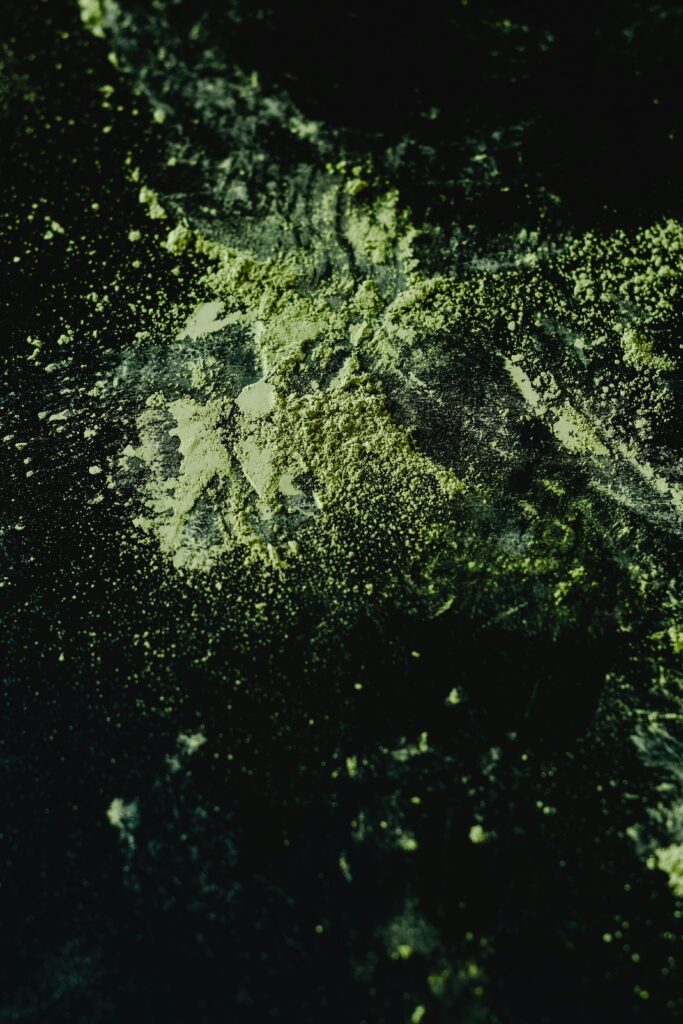
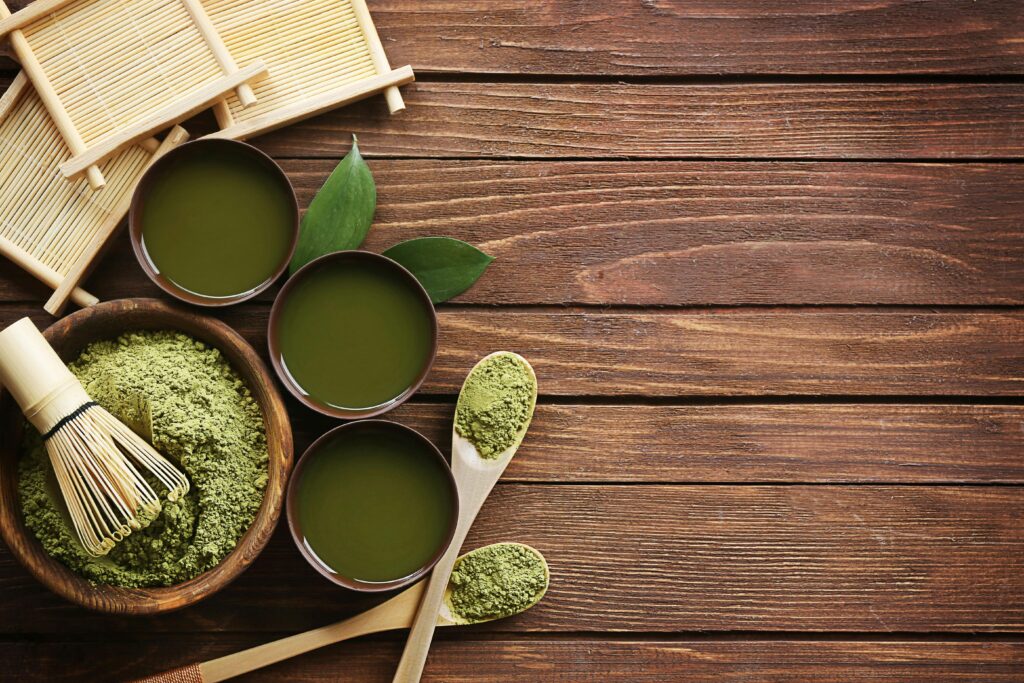
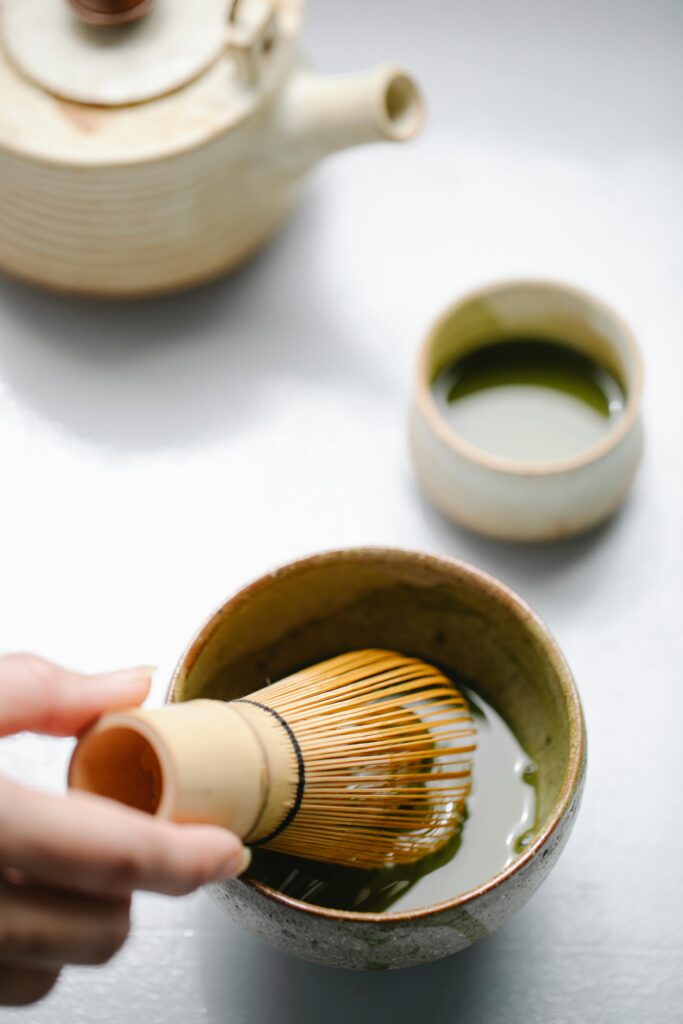
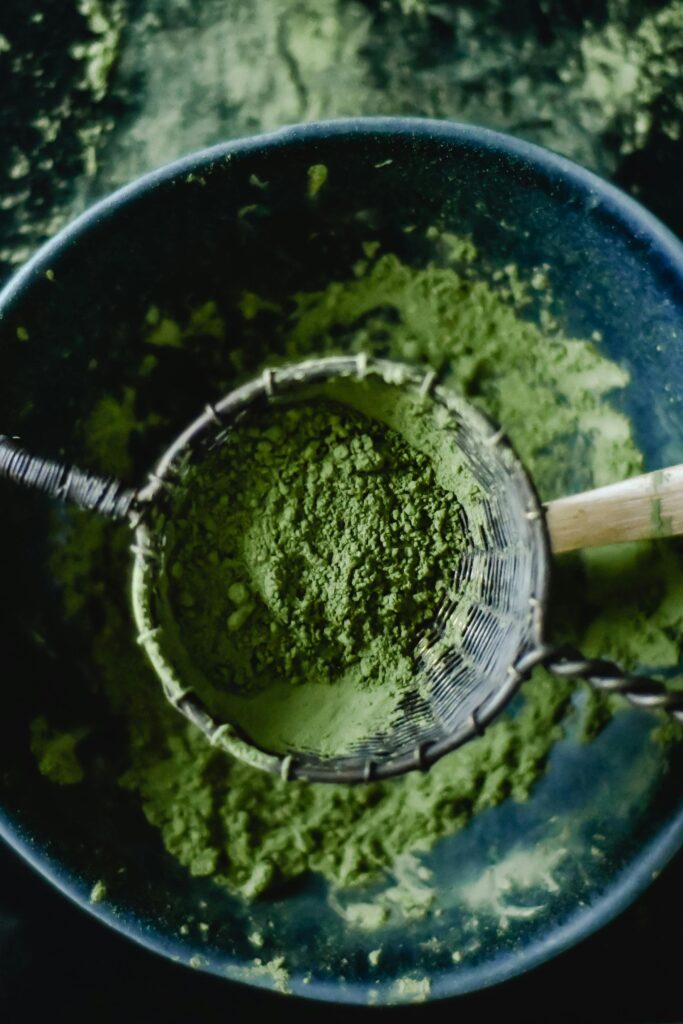
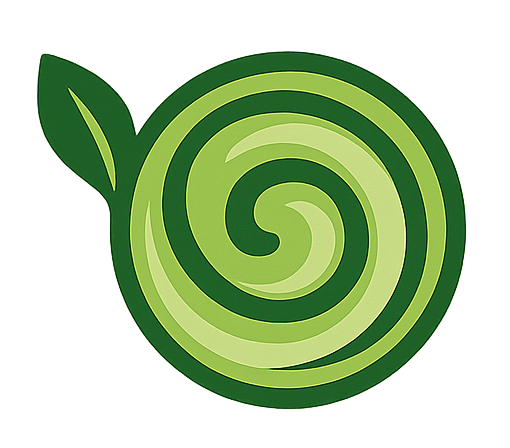
Join our mailing list to receive updates and exclusive tips.
There are no results matching your search